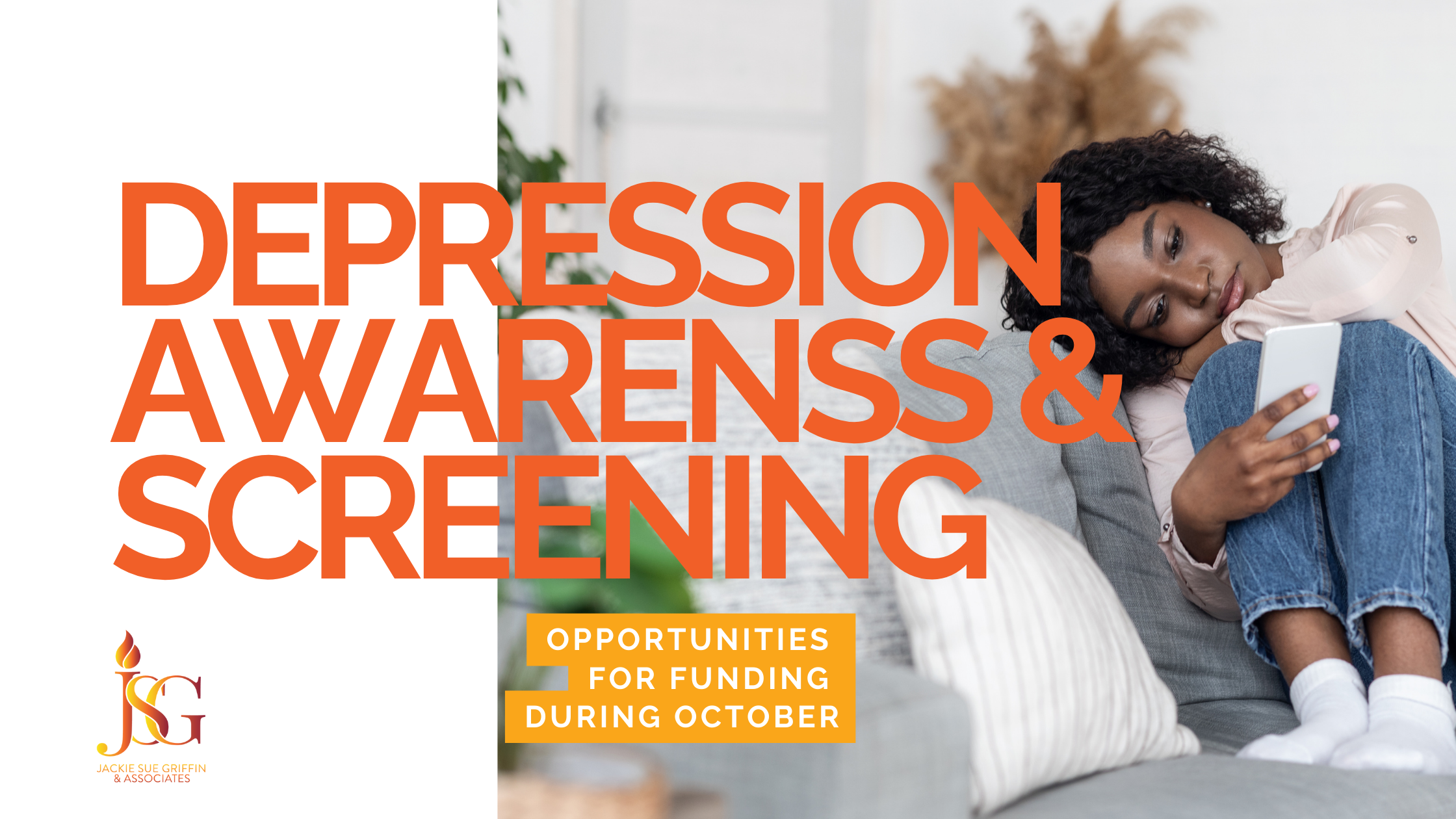
22 Oct Revisiting Mental Health: The Impact and Importance of Depression Awareness Programs
Focusing on mental health is essential year-round, but now is a great time to bring it to the forefront. In the wake of recent tragedies in Florida and North Carolina, it’s more important than ever to revisit conversations around depression, anxiety, trauma and overall mental wellness. These events remind us of the critical need for early intervention, community support, and accessible mental health services. Depression screening programs, in particular, are a critical first step in identifying individuals who may be at risk, and early intervention is key. By raising awareness and encouraging community support, we can make sure more people get the help they need.
The impact of depression is enormous. Over 21 million adults in the U.S. faced a major depressive episode in 2020, according to the National Alliance on Mental Illness (NAMI). Sadly, many people hesitate to seek help because of stigma or a lack of access to care. This is where community-based education and accessible screening programs come in. These initiatives help break down barriers and make it easier for people to receive the support they deserve.
Key Opportunities for Funding Mental Health Programs
Awareness efforts go hand-in-hand with opportunities for nonprofits to secure funding for depression screening initiatives. Many grants are available during awareness campaigns and times of crisis, making this an ideal moment to seek support for your programs. Whether you’re looking to launch community education efforts, offer screenings in schools, or introduce telehealth services, there’s a wealth of options. The key is to build your proposal around local data, personal stories, and a demonstrated need in your community. This helps funders see the tangible difference your program can make and how it aligns with their goals.
When preparing your proposal, consider partnerships that can expand your impact. Schools, businesses, and other organizations may be interested in collaborating on a mental health initiative. Funders appreciate innovation and teamwork, so emphasize what makes your approach unique and impactful.
Writing a Compelling Grant Proposal
When writing a grant proposal, it’s crucial to focus on the potential impact of your program. Highlight the local need for depression awareness and screening, and use data and real-life stories to show why this truly matters. Funders want to know that their support will lead to real, measurable change, so make your program’s goals and path to success clear.
Sustainability is also a big plus. Funders are more likely to invest in programs that can continue beyond the initial funding. Whether through partnerships, additional fundraising, or integration into existing services, be sure to explain how your initiative will remain effective over time.
Use Data to Measure Success
Having a solid evaluation plan is key to showing that your program is making a difference. For a depression screening initiative, you might track the number of individuals screened, how many referrals are made, or survey participants to gauge their understanding of depression before and after the program.
A clear plan for measuring success not only reassures funders but also helps your organization continually improve the program as you learn what works best.
Making a Difference in Mental Health
At Jackie Sue Griffin & Associates, we’ve seen the powerful ripple effect that well-executed depression awareness and screening programs can have. These initiatives don’t just provide immediate support—they help reduce stigma, spark important conversations about mental health, and can even inspire policy changes that lead to greater support in the future.
Together, we can raise awareness and secure the resources needed to make a lasting impact. By continuing to focus on mental health and implementing effective screening programs, we’re taking critical steps toward building healthier, more supportive communities.

No Comments